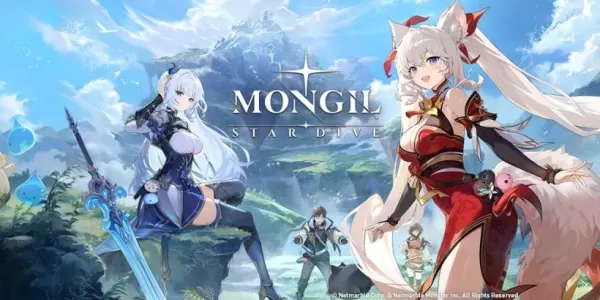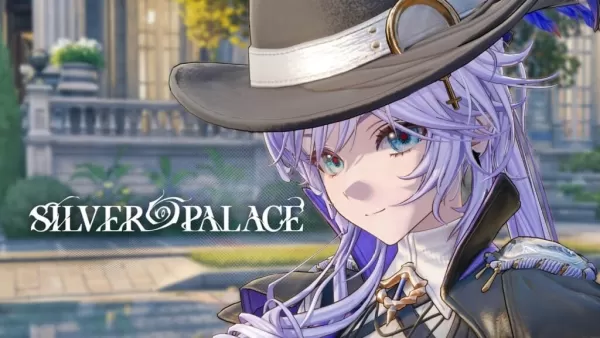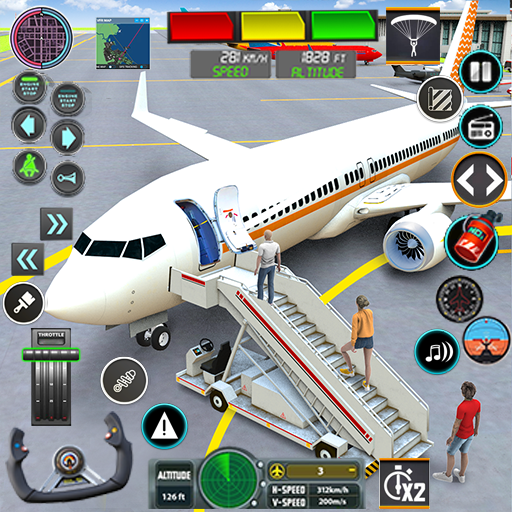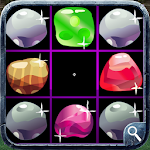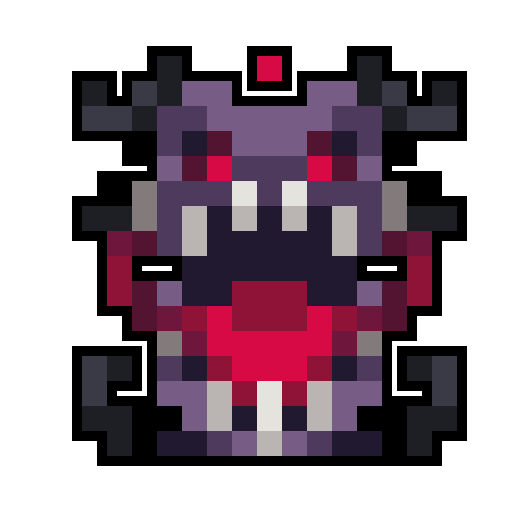Doom has long been synonymous with the intense energy of metal music. From the moment you hear the iconic riffs of any Doom soundtrack or catch a glimpse of its signature demonic imagery, the connection is unmistakable. The game's aesthetic, filled with flames, skulls, and devilish creatures, mirrors the theatricality of an Iron Maiden concert. Over its 30-year history, Doom's evolution has been closely tied to the progression of metal music, exploring various sub-genres from thrash to the modern metalcore sound featured in Doom: The Dark Ages.
In 1993, the original Doom's soundtrack was heavily influenced by the thrash metal scene of the late '80s and early '90s. Co-creator John Romero has cited bands like Pantera and Alice in Chains as key inspirations. For example, the track "Untitled" used in the E3M1: Hell Keep level, echoes Pantera's "Mouth of War" with its striking riff. The broader Doom score embraced the thrash genre, mimicking the sound of Metallica and Anthrax, which propelled players through Mars' corridors with the same urgency as a thrash metal track. Composer Bobby Prince's timeless soundtrack perfectly complements the game's fast-paced gunplay.
Doom: The Dark Ages - Gameplay Screenshots
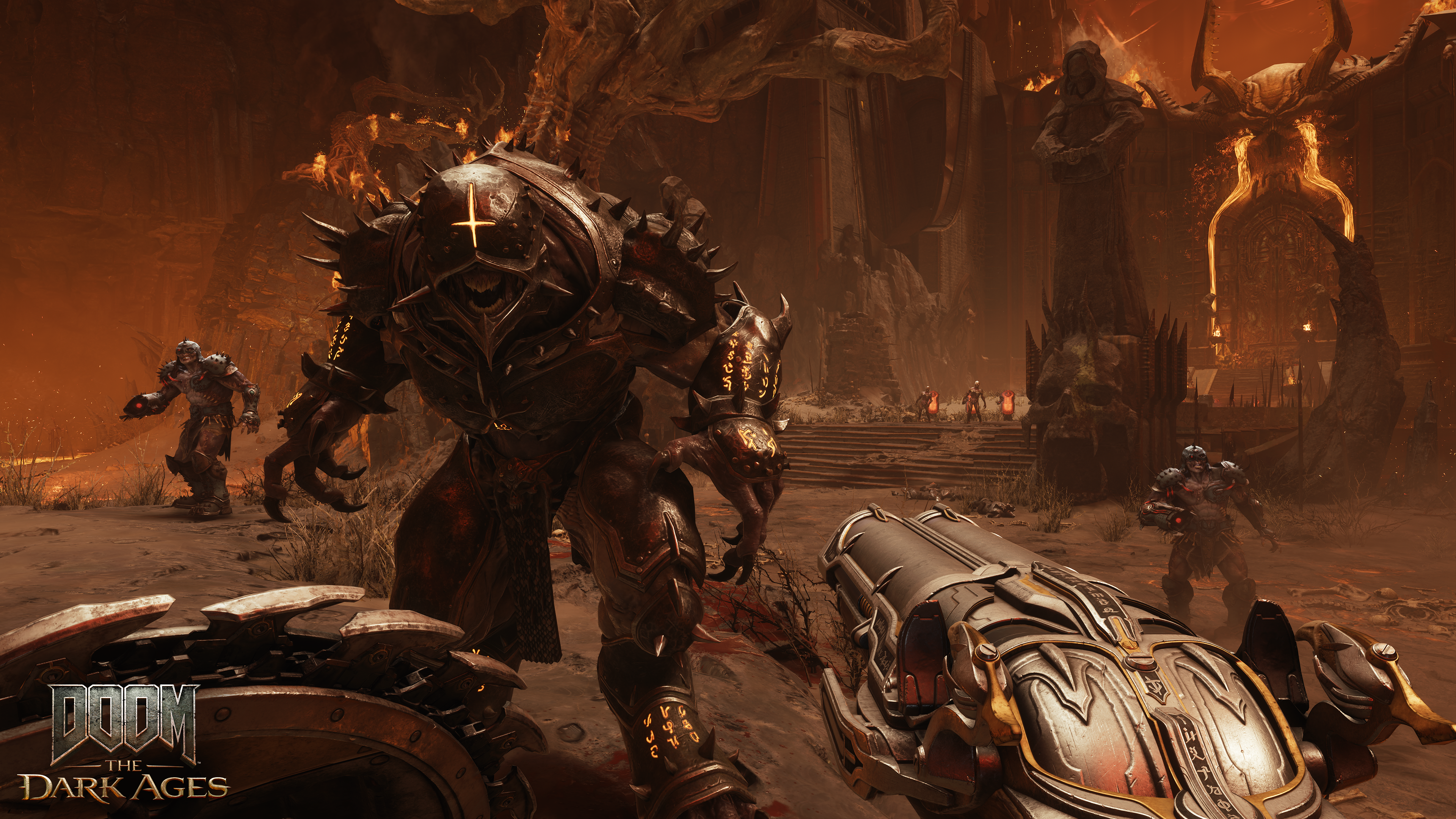
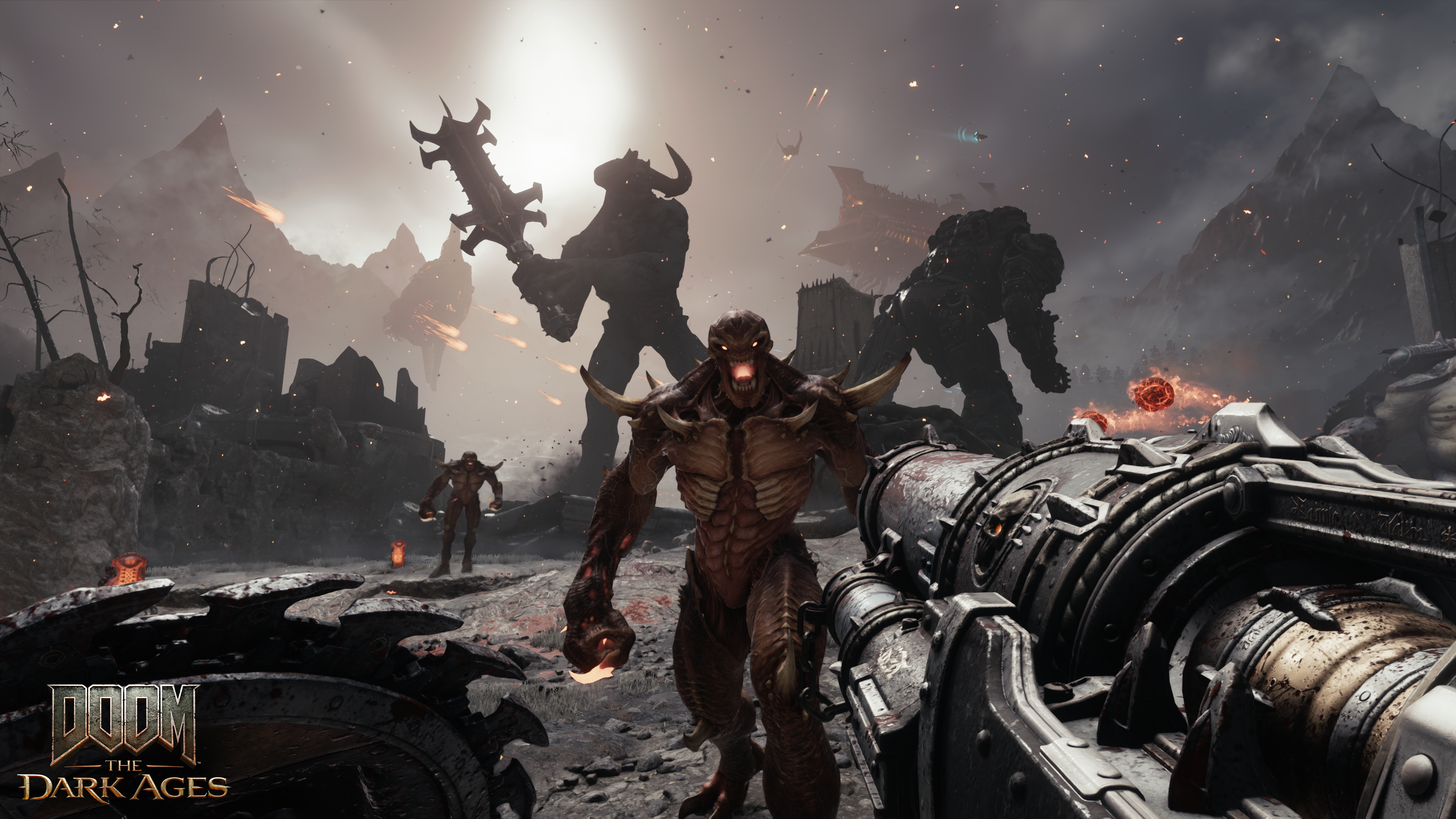 6 Images
6 Images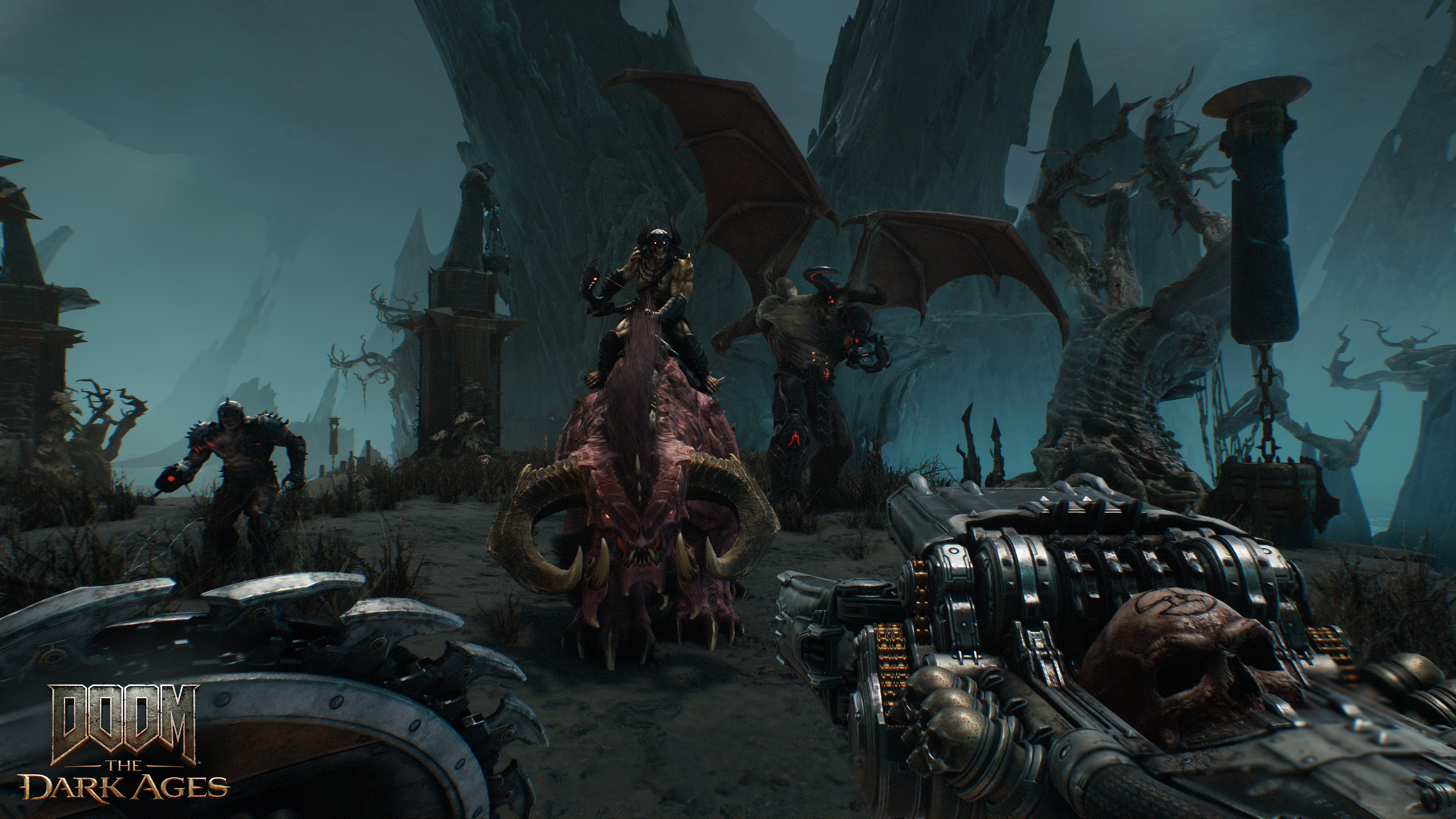
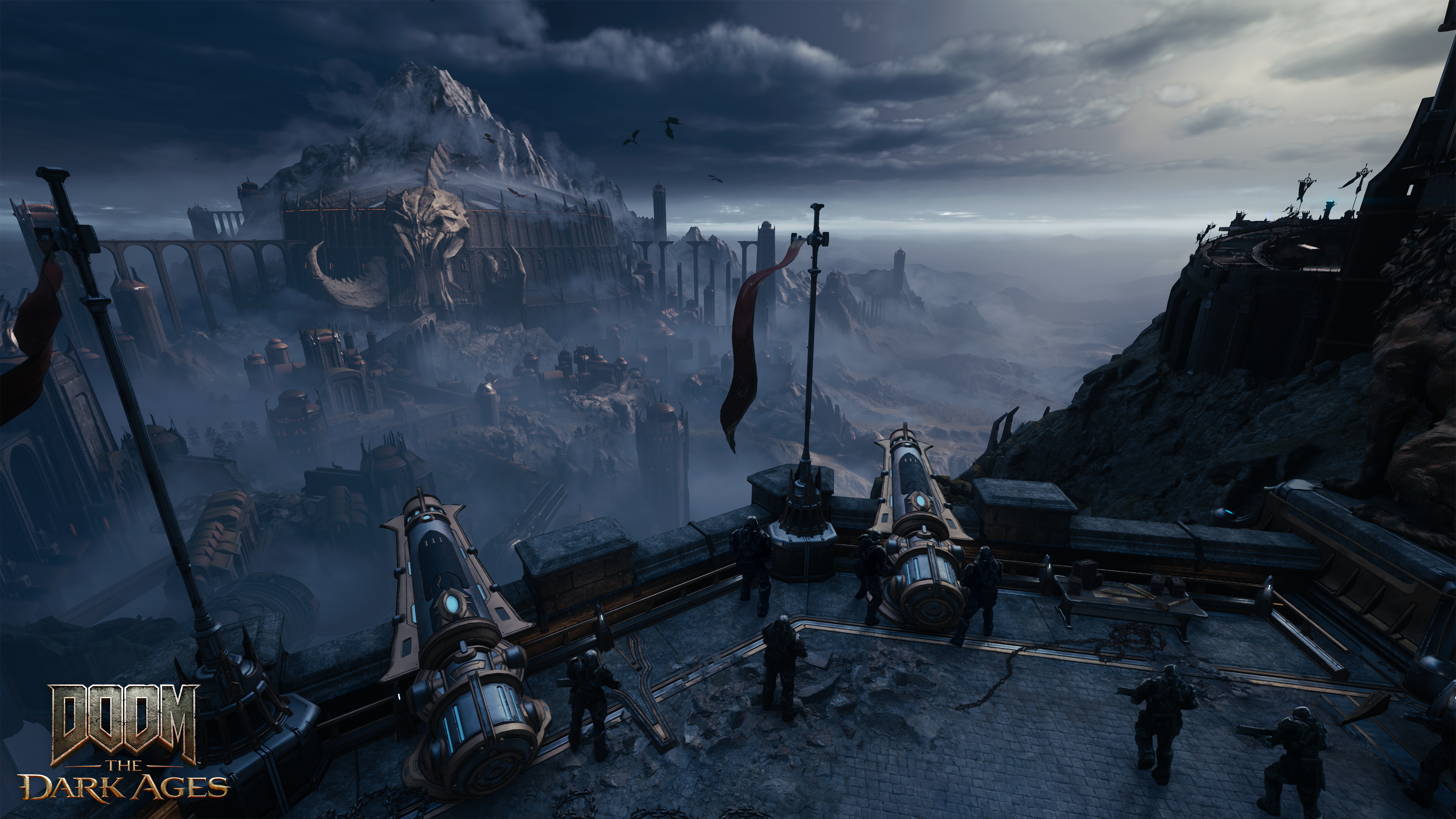
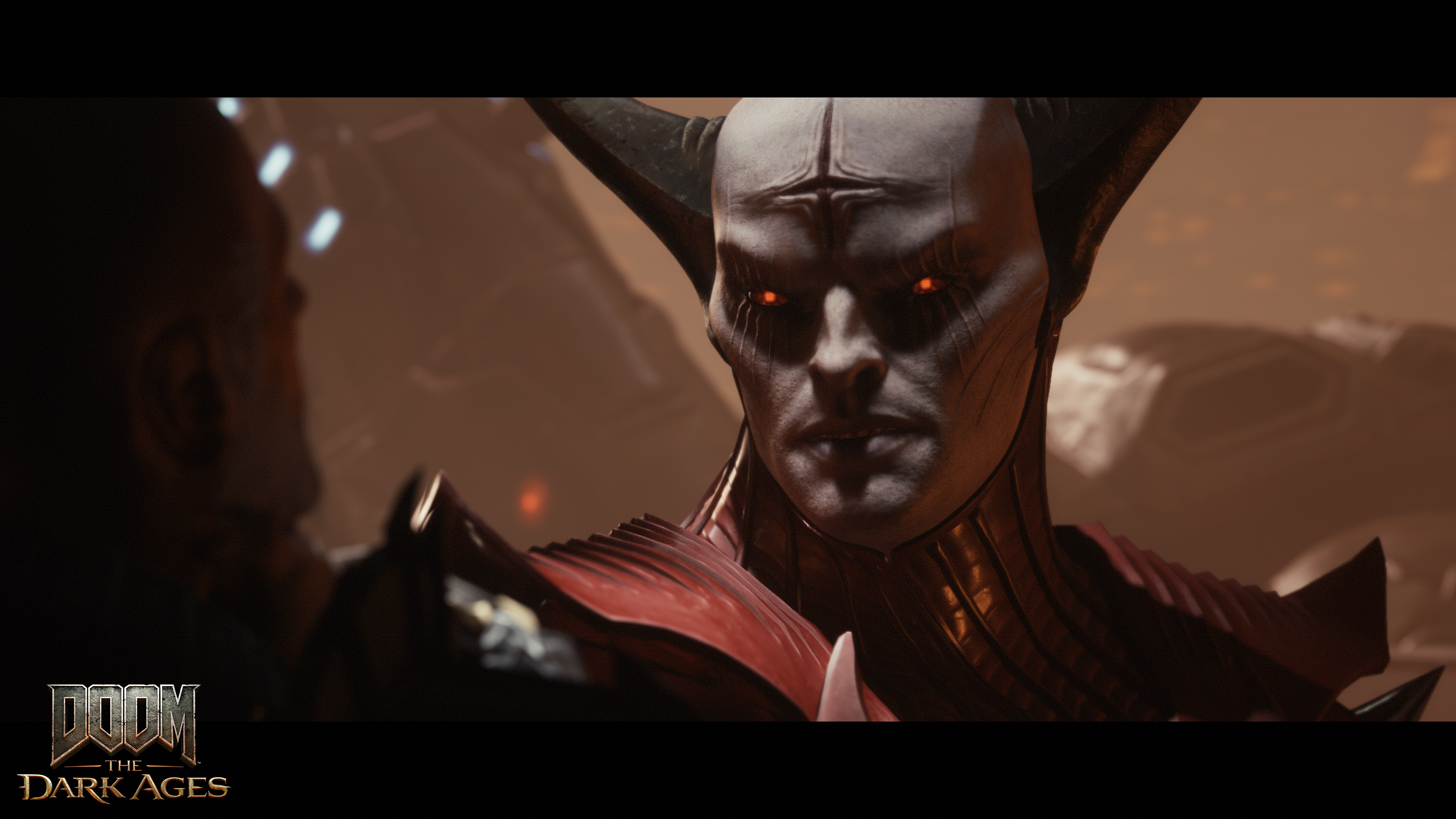
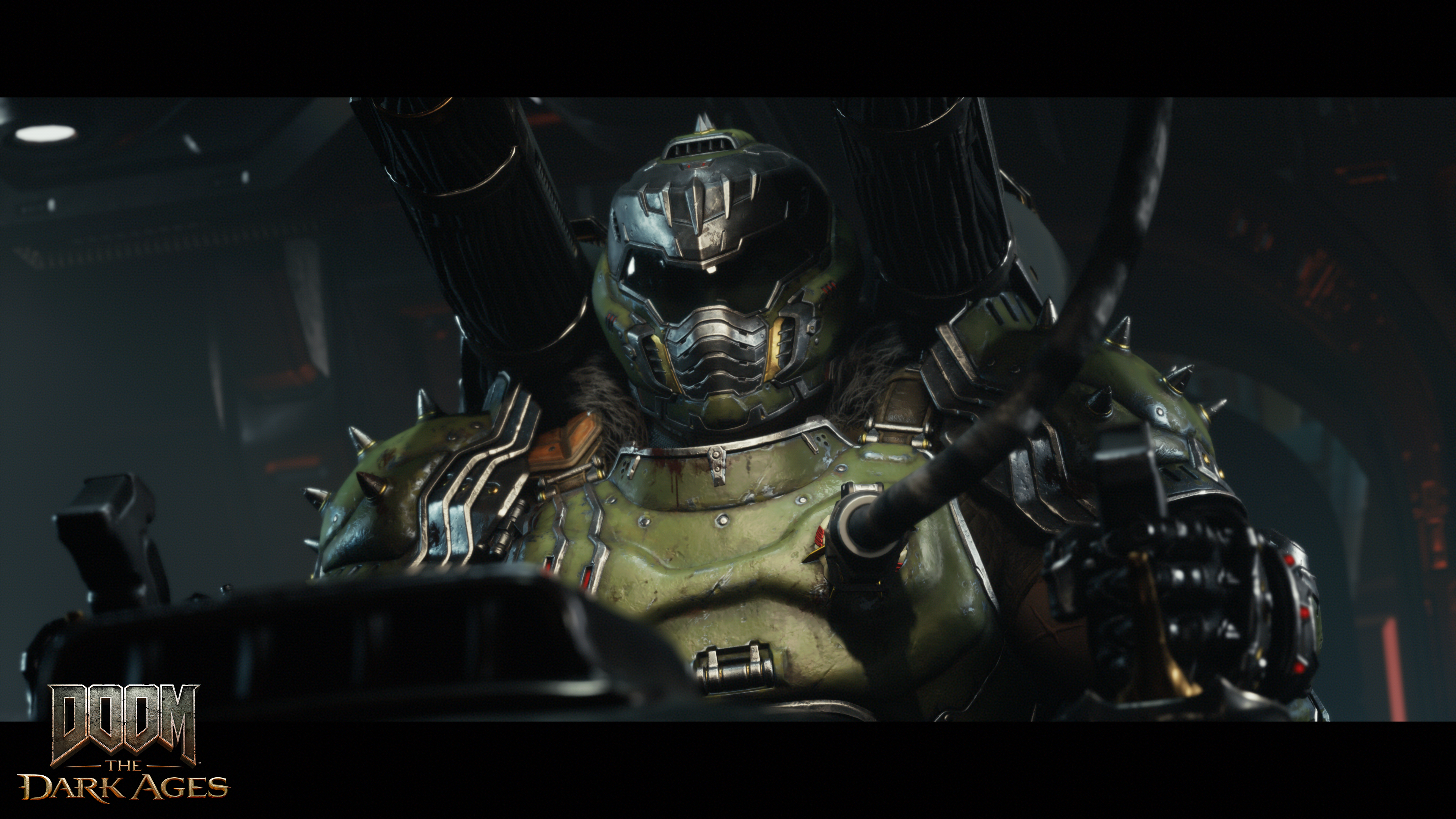
For over a decade, Doom's music continued to evolve alongside its gameplay. However, the release of Doom 3 in 2004 marked a significant shift. This survival horror-inspired entry introduced a slower, more deliberate pace, necessitating a new sound. id Software drew inspiration from progressive metal bands like Tool, with Doom 3's main theme resembling a track from Tool's 2001 album, Lateralus. Although Trent Reznor was initially considered for the project, it was Chris Vrenna and Clint Walsh who ultimately composed the soundtrack, reflecting Tool's complex time signatures and eerie soundscapes that perfectly matched the game's horror atmosphere.
Doom 3, while a commercial success, was seen as a departure from the series' traditional style. The early 2000s were a transformative period for FPS games, with titles like Call of Duty and Halo setting new standards. Similarly, metal music was navigating its own changes, with the rise and fall of nu-metal and the emergence of new sounds. Doom 3's soundtrack, while not as iconic as Tool's Lateralus, was a fitting experiment that complemented the game's unsettling tone.
After a period of development challenges, Doom returned triumphantly in 2016 with a complete overhaul. The game embraced its roots with a soundtrack by Mick Gordon that combined sub-bass frequencies and white noise to create a visceral experience. The score, often described as a playable djent album, perfectly matched the game's relentless pace and has been celebrated as one of the most iconic video game soundtracks. Doom 2016's success set a high bar, leaving fans wondering where the series could go next.
Doom Eternal in 2020 continued to push boundaries, with Mick Gordon's involvement becoming more complex due to creative differences. The soundtrack leaned further into the metalcore genre, reflecting the influence of bands like Bring Me the Horizon and Architects. The game's music featured more electronic elements and crushing breakdowns, aligning with its more varied gameplay that included platforming and puzzles. While still heavy, the soundtrack felt lighter compared to its predecessor, mirroring the game's experimental approach.
Personally, Doom 2016 remains my favorite in the series, much like my preference for the raw sound of Architects' 2016 album, All Our Gods Have Abandoned Us. Doom Eternal, while excellent, doesn't resonate with me in the same way, much like Architects' more recent work. However, many fans appreciate Eternal's innovations and hold it in high regard.
Doom: The Dark Ages presents a new chapter with its refreshed combat mechanics. The gameplay, shown during the Xbox Developer Direct, suggests a slower pace than Doom Eternal, focusing on direct confrontations with a shield reminiscent of Captain America. This approach harks back to the original Doom's corridor-based design but expands it dramatically with mechs and dragons. The soundtrack, crafted by Finishing Move, draws from both past and present metal influences, blending the seismic breakdowns of bands like Knocked Loose with thrash-like elements reminiscent of the original Doom.
The Dark Ages' combat demands a versatile soundtrack that can be as heavy as its predecessors while also accommodating the game's new dynamics, such as riding winged beasts. The music reflects the evolution of modern metal, incorporating elements from electronic, hip-hop, and hyperpop influences seen in bands like Bring Me the Horizon, as well as the unique beats of Knocked Loose. As Doom continues to innovate, it remains an exciting time for both fans of the series and heavy music enthusiasts. With its upcoming release, Doom: The Dark Ages promises to deliver a thrilling experience that builds on the legacy of its predecessors.

